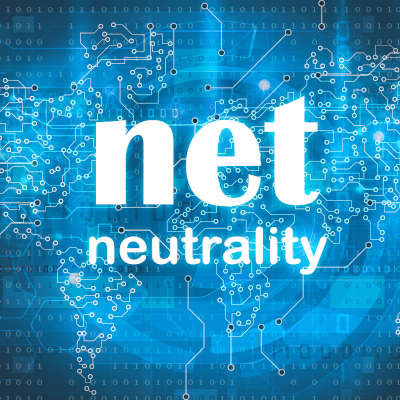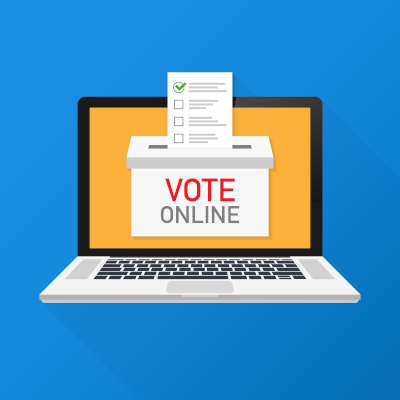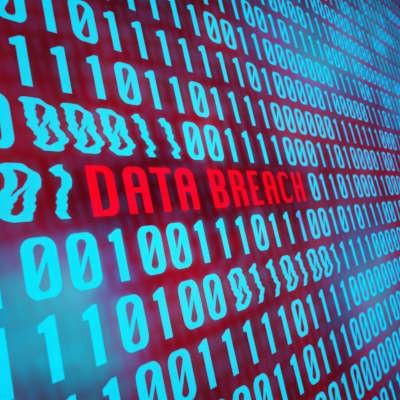The week of June 14th, 2021 saw many applications and websites suffer from outages. This, consequently, created considerable problems for many organizations that used these services. Businesses suffered from continuity issues, but perhaps the biggest takeaway is just how vulnerable the Internet really is to these kinds of issues. What happened, exactly?
Advanced Computers Blog
When we talk about Internet accessibility (particularly as of late), we mainly focus on the idea of enabling people to use the Internet, regardless of where they may be located. While this is certainly a big issue at the present, there is another kind of accessibility that needs attention: how able those people with disabilities are to use the Internet at all.
It has been made very clear over the past few years—last week in particular—that the political atmosphere in the United States is particularly prickly, to put it mildly. One contested subject has, however, flown under the radar in recent months: net neutrality. Let’s reexamine the situation surrounding net neutrality and what is likely to come about with the new administration.
During this time of year, many people like to sit back and reminisce upon favorite stories from the past. We figured we’d join in the fun by reimagining what many argue to be a holiday classic: Die Hard.
Let’s take a few moments to consider how the story might play out if the action were to take place today…
With one of the most stressful years in recent memory coming to an end, it seems important to make the most of the holidays this year—despite the COVID-19 pandemic putting the kibosh on most of our typical holiday festivities. That’s why we’ve taken the time to put together a list of ideas that would brighten any technophile’s holiday to help guide your gift-giving.
Most people like new technology, whether it is a lamp shaped like the moon, a new video game console, or just a gadget that may improve their life a little bit. We looked around to try and find some business-esque technology the professional would be able to use in their office (or home office). Let’s take a look at them now:
The 2020 election is months away and traces of it can be seen everywhere. As people quarrel about how social media is being used to interfere with the political process, there is pressure mounting on election officials and tech companies, alike, to do what they can to keep solicitation and corruption out of the ballot box. Let’s take a neutral view of the changes that some online platforms are making to the way that political information is shared.
Two of the largest technology companies in the world are working with local governments to help slow the spread of COVID-19. Google and Apple are working to fuel application development that would notify people if they have been in proximity to others who have tested positive for the virus. Unfortunately, their good work is being misconstrued by some and is causing a stir. Today, we will look at their efforts, what critics are saying, and what you can do depending on which side of the debate you are on.
About two and a half years ago, the financial services company Equifax was forced to admit that over 145 million people were victims of one of the largest data breaches in history. The company’s network was accessible by hackers from May until July of 2017 after a website application’s vulnerability was exploited.








